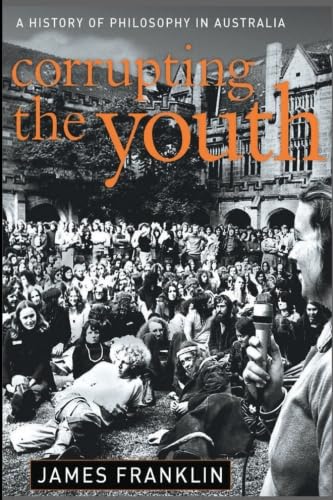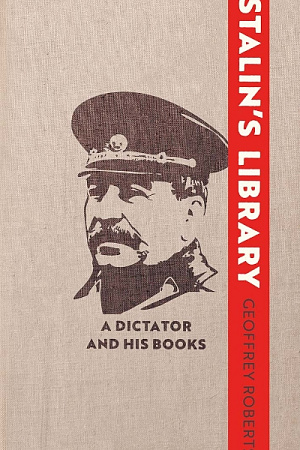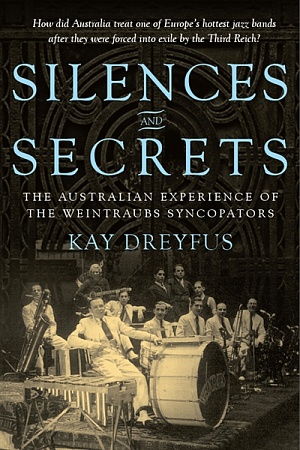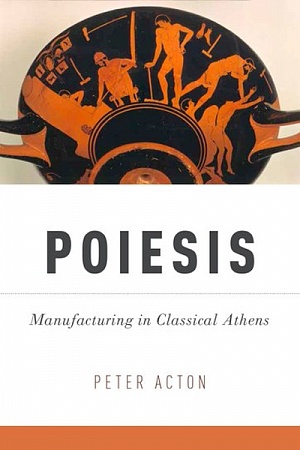Corrupting The Youth: A history of philosophy in Australia
Macleay Press, $59.95 hb, 465 pp
The Philosophy Of Sir William Mitchell (1861–1962): A mind’s own place
Edwin Mellen Press, US$129.95 hb, 454 pp
Copious corruption
Socrates was executed in 399 BC, charged with refusing to recognise the state gods, introducing new divinities and corrupting the youth. The indictment was probably politically motivated. The philosopher was closely associated with the recently deposed oligarchy led by the murderous Critias, and he had taught Alcibiades, who betrayed the state. Later, Aeschines rebuked the Athenians: ‘You put Socrates the Sophist to death because he was shown to have educated Critias.’
At his trial, Socrates rebutted the charges of impiety and the prosecution’s attempt to link him with sophists and natural philosophers. The natural philosophers (or scientists) had a reputation for atheism. The teaching of many of the sophists was morally subversive, and most were, in today’s idiom, moral relativists and anti-realists. They taught that morality was a matter of convention or artifice, and that the world we experience is conditioned in one way or another by our own nature. The greatest of them, Protagoras, said: ‘Man is the measure of all things.’ Socrates, who was pious and not a relativist, distanced himself from both groups, but his perseverant questioning of moral foundations and his insistence that what passes for knowledge requires rational justification may have obliterated the distinction for many of his contemporaries. His love affair with argument was partly the expression of the powerful idea that intellectual convictions demand rational support. This idea has become the genius of most subsequent science and philosophy. It is what makes philosophy and science ultimately so utterly different from faith-based religions.
Continue reading for only $10 per month. Subscribe and gain full access to Australian Book Review. Already a subscriber? Sign in. If you need assistance, feel free to contact us.












Leave a comment
If you are an ABR subscriber, you will need to sign in to post a comment.
If you have forgotten your sign in details, or if you receive an error message when trying to submit your comment, please email your comment (and the name of the article to which it relates) to ABR Comments. We will review your comment and, subject to approval, we will post it under your name.
Please note that all comments must be approved by ABR and comply with our Terms & Conditions.